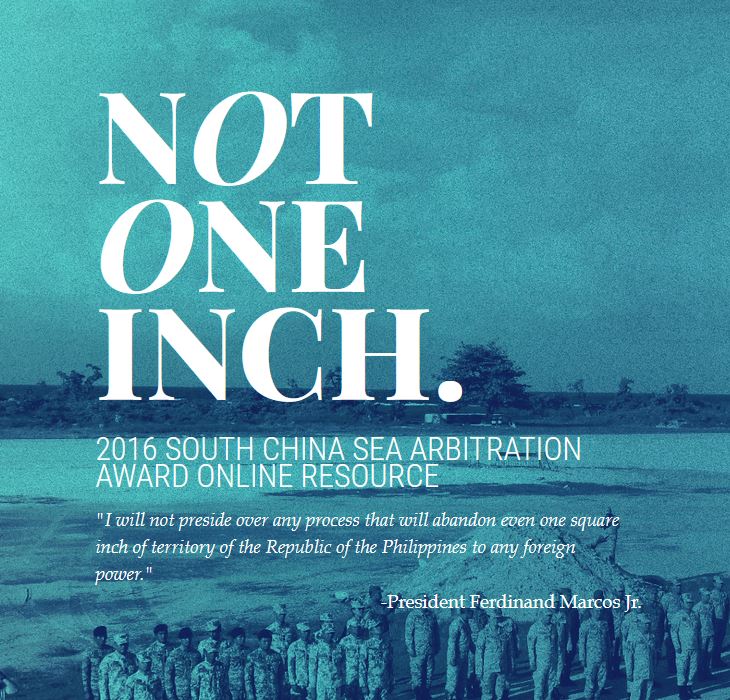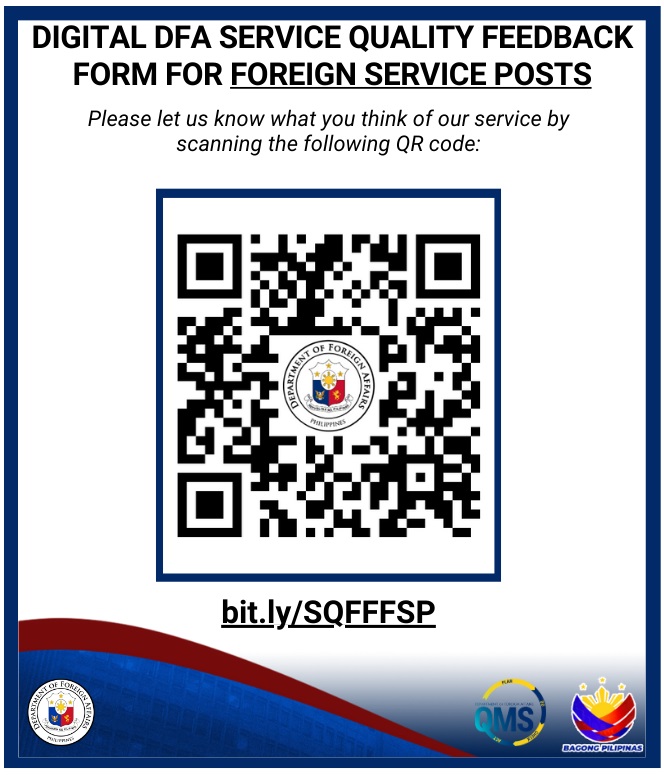Human Rights in the Philippines
STATEMENT OF PHILIPPINE FOREIGN AFFAIRS SECRETARY TEODORO L. LOCSIN JR. ON THE ADOPTION OF THE ICELAND RESOLUTION BY THE HUMAN RIGHTS COUNCIL
- Details
- Hits: 7090
Voting results:
Vote is 18 in favor, 14 against and 15 abstentions. The Iceland resolution has been adopted by a mere minority.
In 1945, the Philippines, along with 50 other states, founded the United Nations. We were not yet independent. But the Filipino people – for having taken in the wretched of the earth – won its place at the Creation of the United Nations.
We helped create the UN to honor the universal values of respect for sovereignty and non-interference in the internal affairs of state which were brazenly and brutally violated on a global scale by those who censured us today. There is too the value of dialogue which is violated by the high-handed insistence that it be one sided while the other side keeps quiet, the latter to speak in its defense but only in proceedings dictated by the former to ensure its agreeable result.
In the process leading to the adoption of this resolution, we have witnessed the very opposite of these values that hold the UN together. We have seen its mandate “weaponized” for the sake of interests with the evident means to get it done.
This resolution was not universally adopted. Therefore, its validity is highly questionable. It does not represent the will of the Council, much less that of the developing countries who are always the target of such resolutions. Western countries pushed for this resolution in the confidence that the world has forgotten what they did and what should have been done to them had there been a Human Rights Council. It was pushed with the arrogance that developing countries must not stand up to them even if we can and as we hereby do. There will be consequences.
They sought to bring a people and a country, with an unblemished human rights record, down to the level of the authors of atrocities the world must not forget: of Amritsar, Mau Mau and the Boer War; Ragawede and the murder of Anne Frank and her kind; the trendsetting holocaust of the Congo; the profiling of Romani people; the massacre of aborigines at Forrest River; the culmination of Leopold’s Ghost in Bergen-Belsen to name one of a sprawling network of extermination camps; slave trading in the West Indies and the abduction of Inuit children as part of the eradication of that race’s way of life; Addis Ababa and the invention of death from above (though that distinction is shared with the author of Amritsar); Setif and the drowning of North Africans in the river Seine; the cowardice of European UN peacekeepers who stepped aside to allow the massacre of those they had herded together for their safety; the dissolution and consequent anarchy of North African and Middle Eastern countries, and the revival of the slave trade from there; and the callous expulsion of refugees crossing the Mediterranean to escape the European miscalculation.
But we will not engage in throwing at each other the bodies of each side’s respective victims. We cannot compete with the West.
The Philippines is affronted that we should be named with the very breath of these authors of these atrocities, the same ones so bold to condemn us – we who opened our arms to save their victims before the War, and well into the savage wars of peace culminating in the Vietnam War to whose victims we gave shelter when everyone else turned them away.
But let us be clear on this: this resolution is not a triumph of human rights but a travesty of them that should honor the character of the author and co-sponsors of the resolution.
It is an example of how these countries – they who are least entitled to make such accusations, incited by false information from sources peddling their untruths for money, or who have allowed themselves to be played by the ill will of a few – have undermined the Human Rights Council to advance their agenda and target a government that’s hostile to the very things they have done and continue to do, and about which there is overwhelming proof.
This resolution flies in the face of everything the Philippines has worked for when it founded the Human Rights Council in 2006, and when it advanced the work towards realizing a Universal Declaration of Human Rights in the 1940s, insisting on strong commitments for justice, dignity and conscience, and the rights of women — a concept almost unheard of then.
The responsibility to protect starts with protecting the good against the bad, the innocent against the vicious. We invoke the government’s great power – and therefore commensurate responsibility – to protect human rights as multilateral bodies cannot. Foremost among those rights is the right to be protected from crime by the state.
Do not presume to threaten states with accountability for a tough approach to crushing crime, at which some of your countries are complicit at worst and tolerant at best. You don’t have the wherewithal, so all you can do is insult. The United Nations is a collection of sovereignties and not a sovereign collective.
Thus, the Philippines rejects this resolution. It cannot, in good conscience, abide by it. We will not accept a politically partisan and one-sided resolution, so detached from the truth on the ground. It comes straight from the mouth of the Queen in Alice in Wonderland, “First the judgment, then the proof.”
The temptation is strong to walk away from all this with well-deserved contempt for the minority of countries that have the least moral standing to raise their false issues to the discredit of the Human Rights Council. But the Philippines must remain true to the cause of human rights. We will continue to work in the Council to advance a noble mandate to respect, protect and fulfill human rights, and rescue it from its misuse.
The Philippines renews its solemn responsibility to protect the law-abiding against the lawless by any means efficient to achieve the defining purpose for the existence and expense of a state. To that responsibility, my President has made an iron, unwavering and total commitment; and it will not be weakened by this ill-fated resolution.
Our foreign policy was summed up as being “Friend to all, enemy to none.” In the face of today’s changing realities, I refined this to “Friend to friends, enemy to enemies, and a worse enemy to false friends.” We renew our solidarity with our true friends who have stood by us in this farce. But we will not tolerate any form of disrespect or acts of bad faith. There will be consequences; far-reaching ones.
PHILIPPINE STATEMENT AT THE 62ND SESSION OF THE COMMISSION ON NARCOTICS AND DRUGS, 14 MARCH 2019
- Details
- Hits: 5000
Statement of the Republic of the Philippines
by
HON. TEODORO L. LOCSIN JR.
Secretary of Foreign Affairs
At the Ministerial Segment of the 62nd Session of the Commission on Narcotics and Drugs
[Delivered on 14 March 2019 in Vienna, Austria]
IMPLEMENTING THE 2009 DECLARATION AND PLAN OF ACTION: THE PHILIPPINE ANTI-DRUG STRATEGY
Philippine President Duterte was elected by a landslide vote on the explicit campaign promise to destroy the drug trade. Big numbers do not make right but they confer political legitimacy. Pursuant to this democratic policy, we have conducted 128,000 police operations where 331 police were killed and wounded. We arrested 200,600 drug dealers, filed 139,400 cases in court, and froze $106 million dollars worth of illegal drug assets. We seized $499 million dollars worth of drugs and lab equipment including 3,400 kilos of crystal meth. 301 drug dens and laboratories were dismantled, 11,000 barangays out of 21,974 cleared of drugs, and 2,016 minors rescued. This zero tolerance policy inspired more than 1.4 million drug users and pushers to turn themselves in for rehabilitation in facilities in part provided by China. The result: 30% decrease in crime.
There have been shocking abuses; not many but one is too much. They were not collateral damage inflicted on innocents to get at the enemy; but morally repulsive cases of reckless disregard for basic rights and fundamental decencies by rogue cops. But abuses are no reason to stop the war on drugs. Rather they are calls to do it better: to address imputiny and ensure accountability; to consider a clinical approach in addition to the current surgery. And the police have responded: 8% of the force disciplined and 362 police dismissed. Investigation and prosecution are ongoing; there have been convictions. Human rights officers now join all police operations.
With the war on drugs the Philippines renews its commitment to the state responsibility to protect, first and foremost the law-abiding against the lawless by any means efficient to achieve the defining purpose and expense of a state: defense of nation; extinction of threats to public welfare and safety. To that responsibility my President has made an iron, unwavering and total commitment.
We did not pull our war on drugs out of thin air. We have had a National Anti-Drug Plan of Action for years; we just gave it a sharper edge, a longer blade, and a wider swing. Ours is a whole of nation approach – we throw everything at the drug trade but firmly anchored on UN drug conventions, the 2009 Political Declaration and Plan of Action, the 2016 UNGASS Outcome, the ASEAN Work Plan against Illicit Drugs, and our national development plan which has no place above ground for the drug trade.
At its core are drug supply reduction – stemming the massive flow of illicit drugs; and drug demand reduction through community-based rehabilitation and the widest preventive programs – a strategy of enforcement, rehabilitation, reintegration.
It must be so. Our enemies command vast resources and many allies; including a section of international opinion. The Chinese, African and Mexican-Sinaloa Drug Cartels, and now the Colombian cartel operate in our country. Flooding a country with drugs is a highly successful form of asymmetric warfare as the British demonstrated when they brought China to its knees with opium. Modern terrorism is waged for the drug trade and fueled by it. Drug money enabled the taking of Marawi by ISIS.
We are told to ease off, to legalize drugs as some European states have done. The Philippines would consider this option if it was the size of a sardine can with its small content. But we are a nation of 110 million inhabitants and thousands of miles of coastline – anywhere along which meth is dropped in sealed garbage bags to be picked up by complicit local government units. And we do not face the anodyne Atlantic Ocean but the bustling South China Sea, within spitting distance of major meth manufacturers in the Asian mainland.
The Philippine war on drugs has braved withering criticism – indeed an international public relations war is being waged against the war on drugs; pardon us for suspecting a material motivation. Hand in hand with this vilification campaign, European NGOs fund another war – against our society and national security. EU funding continues for the widely detested, nowhere supported, and foredoomed communist insurgency composed of the last dregs of the New Khmer Rouge, as US intelligence branded them in the late 80s. Communists had a chance to be part of a real freedom struggle but they rejected as not in their style the peaceful Philippine people power revolution whose victory ignited the liberation of the Soviet Bloc and spelled the doom of every Cold War fascist dictatorship in the Free World. In this endeavor, EU NGOs support a cause unquestionably lethal but totally unredeemed by any prospect of success. Their generous contributions promise at best the prospect of a small and ragged parade under a cracked marble arch to the strains of a broken Hallelujah. As always, the Philippines fights its battles alone; it needs no help; it fears no opposition from any quarter; but it wouldn’t mind a little understanding.
Thank you. END
Statement of Foreign Affairs Secretary Alan Peter S. Cayetano at the High-level Segment of the 37th Session of the Human Rights Council
- Details
- Hits: 6208
27 February 2018 — “Then the man and his wife heard the sound of the Lord God as he was walking in the garden in the cool of the day, and they hid from the LORD God among the trees of the garden. But the LORD God called to the man, ‘Where are you?’
He answered, ‘I heard you in the garden, and I was afraid because I was naked; so I hid.’
And He said, ‘Who told you that you were naked? Have you eaten from the tree that I commanded you not to eat from?’” (Genesis 3: 8-11)
In this Bible passage, we see the Creator of human beings—the Giver of human rights—graciously seeking Adam and Eve and providing an opportunity for their side to be heard; although all-knowing, HE granted Adam and Eve due process. Due process which is essential to human rights.
I am here on behalf of the Filipino people to reaffirm our commitment to human rights. I am here to ask that we all practice what we preach.
PHILIPPINES AFFIRMS ADHERENCE TO HUMAN RIGHTS
- Details
- Hits: 10127
Human Rights Council Working Group on the Universal Periodic Review Twenty-seventh session
1–12 May 2017
National report submitted in accordance with paragraph 5 of the annex to Human Rights Council resolution 16/21*
Philippines
I. Introduction
1. The Government of the Republic of the Philippines (GPH) affirms the universality, indivisibility, interdependence, and interrelatedness of all human rights, respectful of our unique national and regional particularities borne by our diverse historical, cultural, and religious backgrounds.
NEWS FROM THE EMBASSY
PHOTO RELEASE
TRADE AND INVESTMENT
TOURISM
SPECIAL FEATURE

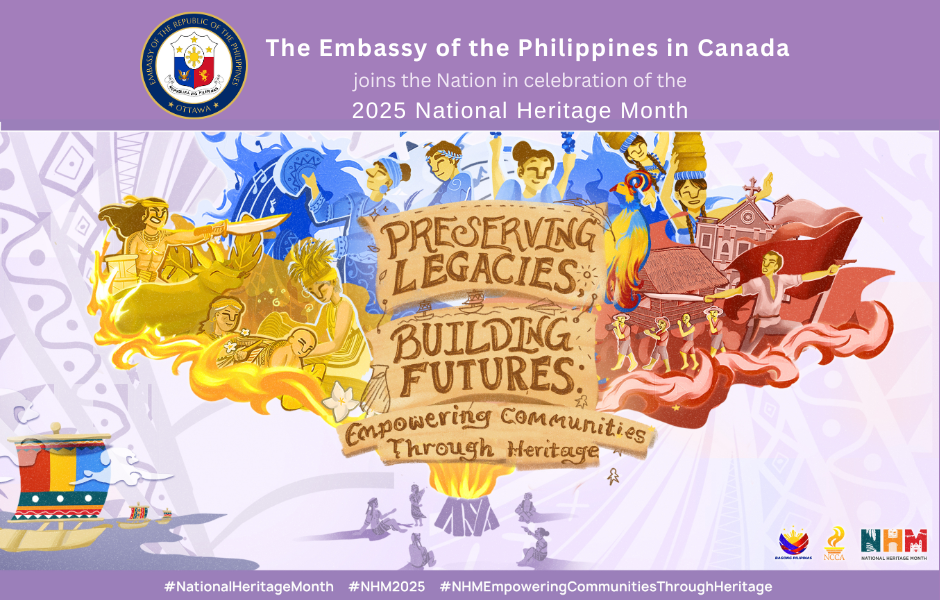

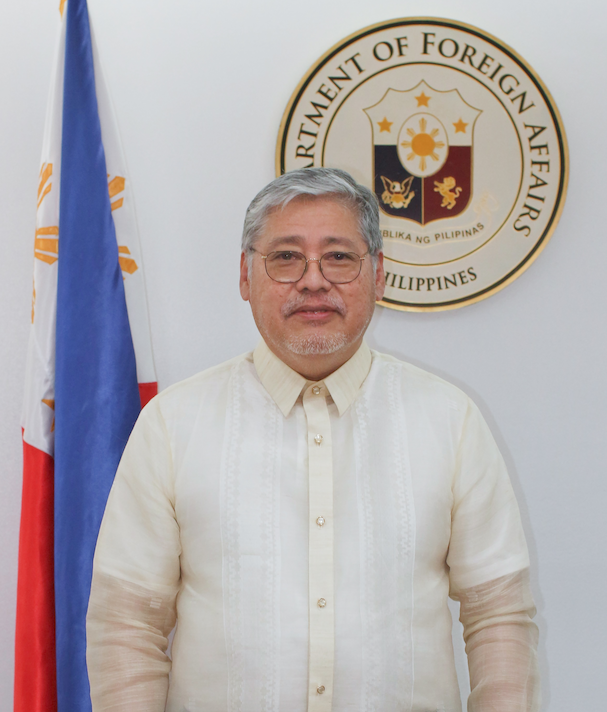

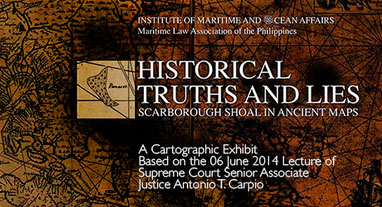
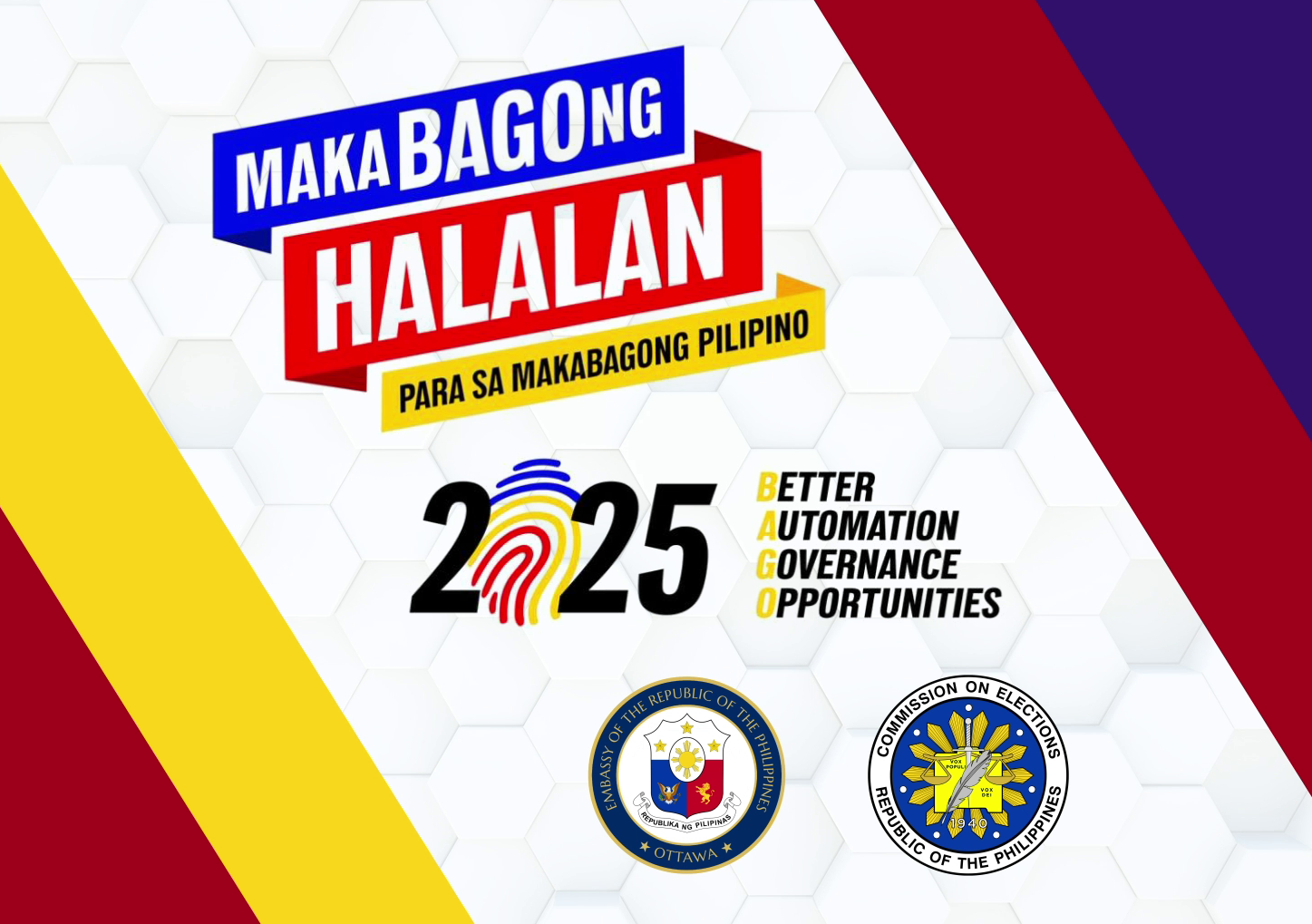
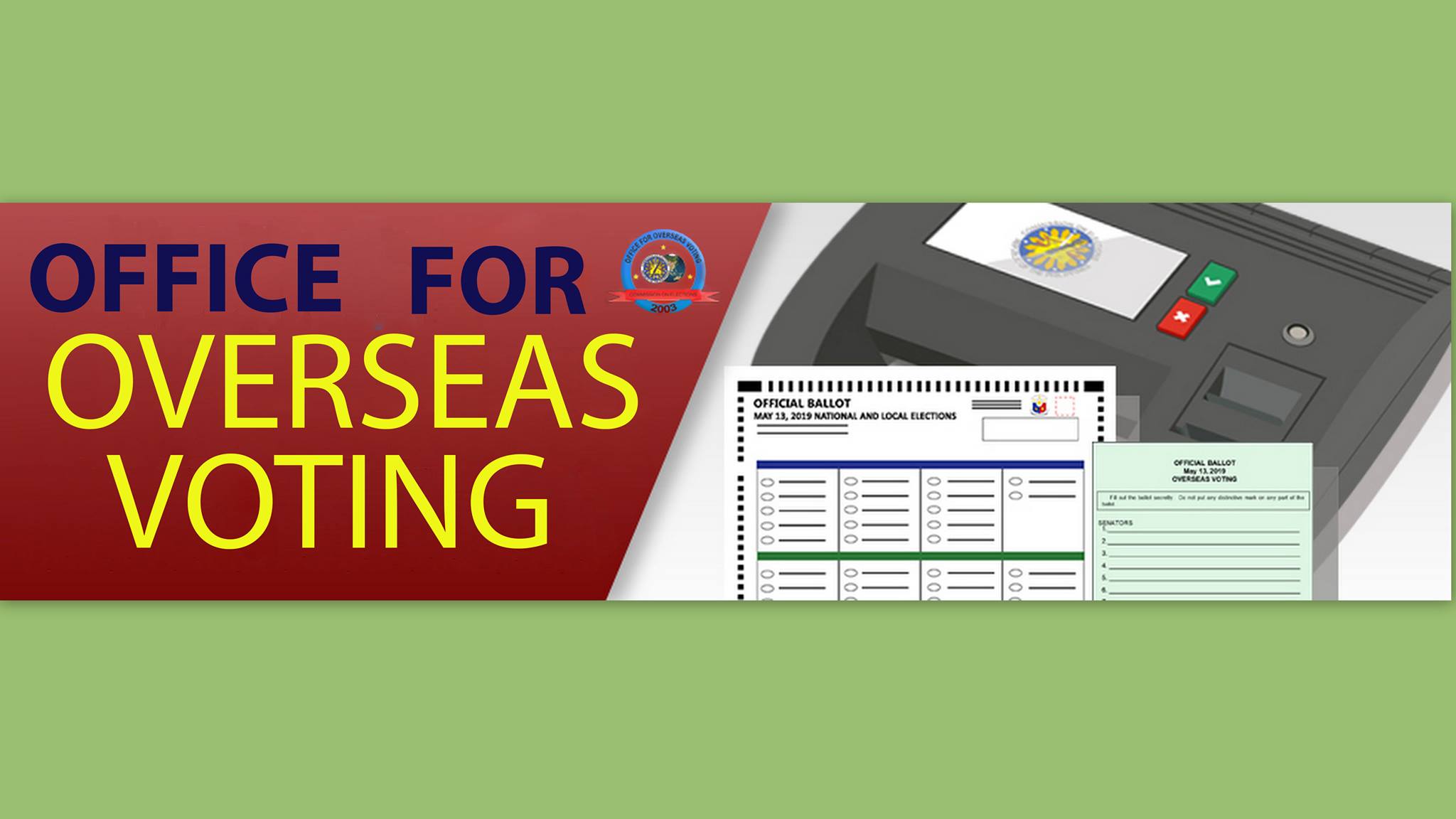




 For more information, download the flyer
For more information, download the flyer 





